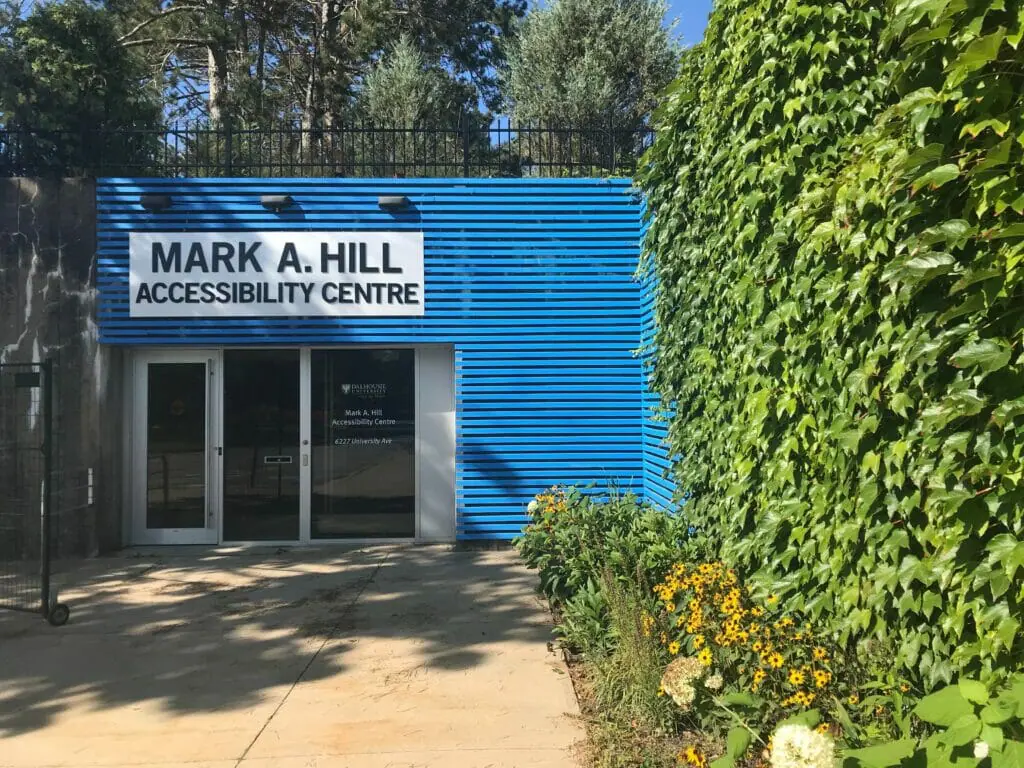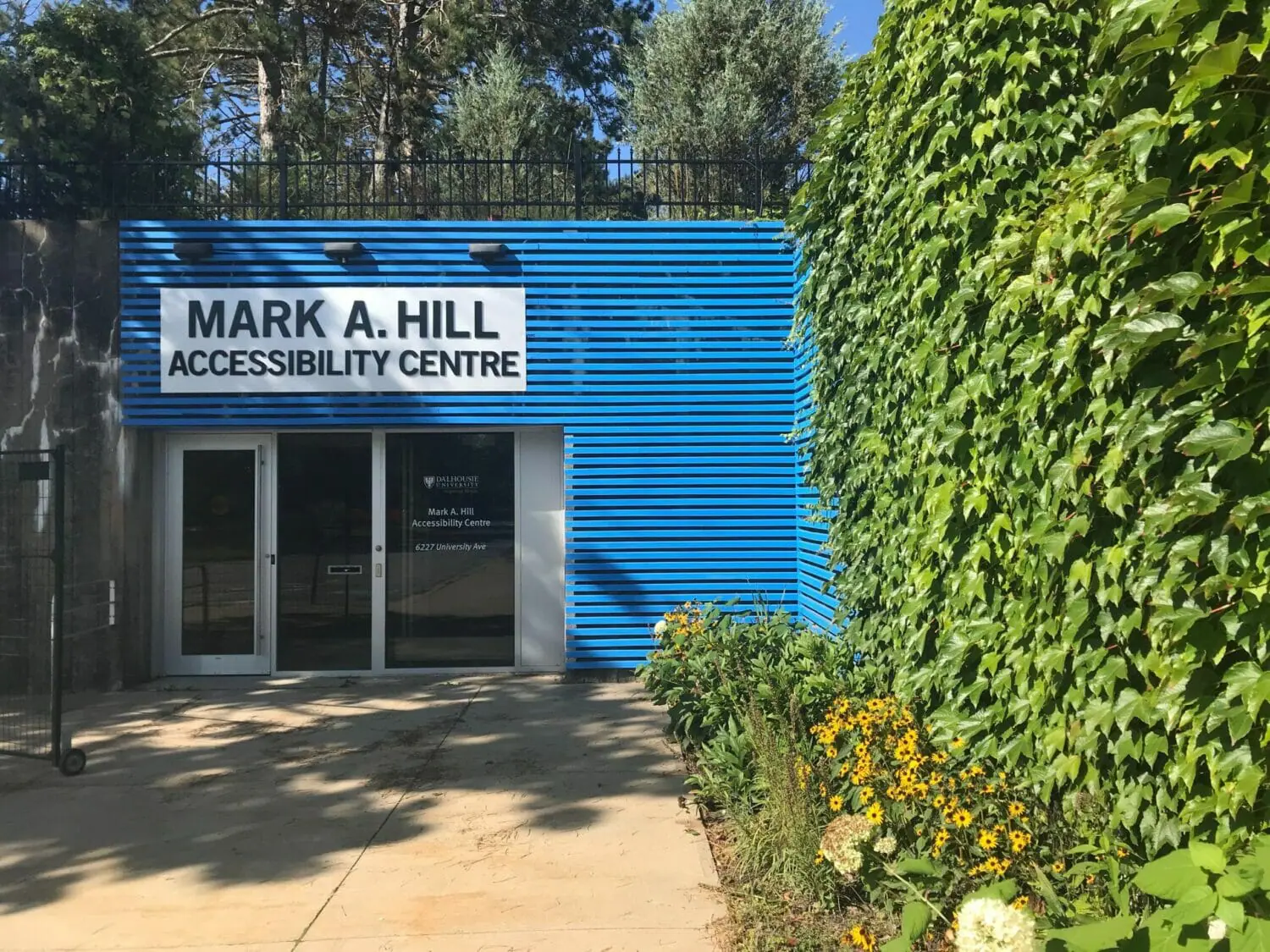As Dalhousie University students prepared over the summer for an online semester, the university’s Student Accessibility Centre also prepared for changes that would arise in how accommodations would look for online learning. Some accommodations that students access through the Accessibility Centre have now changed.
A student’s experience
The place to find most of the adaptations to accessibility services is on Dal’s accessibility webpage in a PDF link titled Frequently Asked Questions, which has recently been updated to reflect the changes in accommodations.
Katherine Whipple, a fourth-year psychology and contemporary studies student at Dal, expresses her individual concerns regarding accessibility and online learning.

She says in the past, the Accessibility Centre has been good at making sure students have the accommodations they need, but this online semester has made her feel unsure and the FAQ page still leaves her with unanswered questions.
“I feel frustrated by the lack of information. I should not be wondering if my needs will be met or not and neither should anyone else,”– Katherine Whipple, a fourth-year psychology and contemporary studies student at Dal
Quenta Adams, the director of student academic success at the Accessibility Centre, says not a lot of changes had to be made to accessibility services because Dalhousie already offered certain classes online in the past.
“The great thing about our existing process is that it is intended to respond to change regardless of the circumstance,” says Adams.
However, Adams says certain accommodations do need to be adapted such as American Sign Language (ASL) interpreters and students who use an in-person scribe for exams.
Changes to be made
On the FAQ document where the changes are listed, it gives examples of some accommodations and how they will be adapted for online learning.
For students who require extra time and timed breaks during tests, accessibility advisors will inform their professors of the total time needed to take a test and will update the time on Brightspace. In-person scribes will be working virtually for students who need them and peer note-taking will work as usual by submitting a request.
Other accommodations listed in the FAQ document such as difficulty with screen time, real-time captioning and interpreters all suggest to contact an accessibility advisor who can help students come up with a plan.
Adams says the Accessibility Centre used a variety of resources for deciding how to best adapt services for online learning, such as student and faculty input as well as what other schools are doing in terms of online accessibility.
“Our approach to the fall term will follow the work we started in April, building on the feedback we’ve heard from all of our stakeholders,” says Adams.
She adds, in addition to getting feedback from people about accommodations, Dalhousie has made investments into online teaching that will assist in making learning online more accessible.
Adams says during the transition to online learning, the Accessibility Centre has not just been a resource for students but also for professors. The Accessibility Centre is available for faculty consultations for professors unsure of how to accommodate students during this new method of teaching.
“Accessibility doesn’t happen in isolation. We work with our colleagues in the Centre for Learning and Teaching [CLT],” says Adams. “The CLT hosts a page for online teaching where one of the principles explicitly stated is online teaching should be accessible and inclusive.”
Arising concerns
According to Adams, the Accessibility Centre is currently working with faculty to come up with solutions for real-time captioning for lectures for those who need access to it.

For Whipple, who has ADHD, one of her biggest concerns is not having access to lecture captioning. Although she is not hard of hearing, she does have some auditory processing issues and believes all students should have access to lecture captioning.
“I know a lot of people with accessibility needs are considering deferring because it is so hard to tell how things will change, and it leaves a lot of people in a scary and hard place,” Whipple says.
Disclosure: Hannah Bing is a member of the Dalhousie Gazette publishing board.


Recent Comments